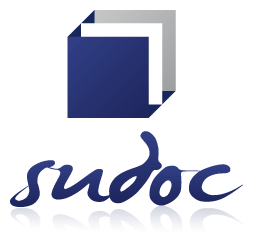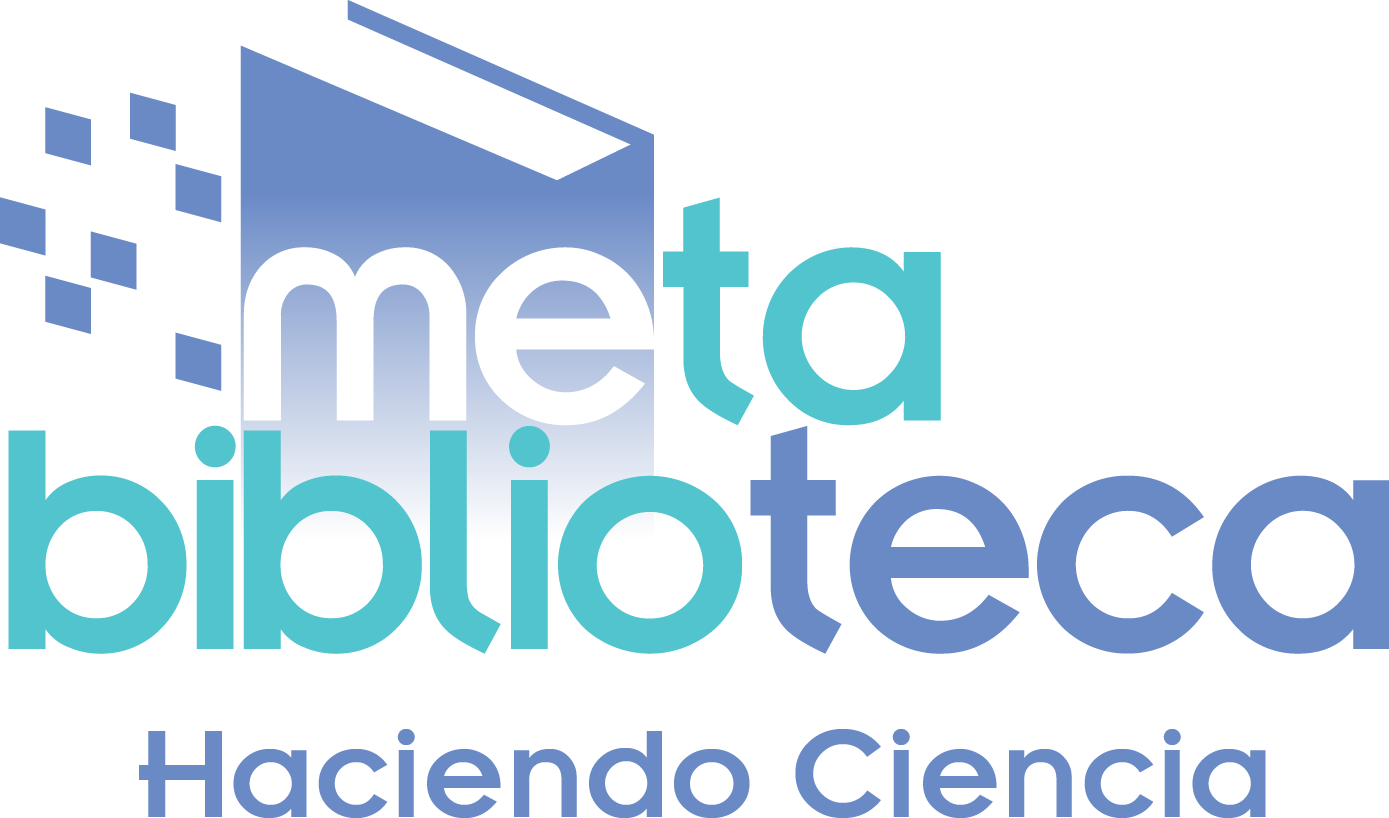Entendimiento y entrenamiento en medicina basada en evidencia (MBE) : una encuesta estructurada a hematólogos y oncólogos de Colombia (ONCOLGroup).
Understanding and training in evidence-based medicine : a comprehensive survey from Colombian hematologists/oncologists (ONCOLGroup).

Cómo citar
Descargar cita

Esta obra está bajo una licencia internacional Creative Commons Atribución-NoComercial-CompartirIgual 4.0.
Mostrar biografía de los autores
Introducción: Cerca del 10% de los ensayos clínicos publicados anualmente tienen relación con el cáncer, sin embargo, solo el 20% de las intervenciones relacionadas con el tratamiento de esta enfermedad están soportadas por un nivel de evidencia I. Objetivo: Valorar las actitudes y opiniones de los oncólogos/hematólogos hacia la medicina basada en evidencias (MBE) en Colombia. Diseño del estudio: Encuesta estructurada realizada a una serie de miembros de la Asociación Colombiana de Hematología y Oncología (ACHO), que incluyó preguntas respecto de las actitudes, opiniones y competencias en MBE. Resultados: Se recibieron 53 encuestas (tasa de respuesta del 46%, considerando la totalidad de los miembros adscritos a la ACHO). Hubo acuerdo en que el uso de la MBE mejora el cuidado de los pacientes (promedio 8, rango 4-10) y en que los especialistas deben familiarizarse con técnicas de evaluación crítica de la literatura médica (promedio 7, rango 4-9). El porcentaje que manifestó entender términos clave como número necesario para tratar (NNT), número necesario para generar daño (NNH), poder y nivel de evidencia fueron el 60%, 22%, 75% y 75%, respectivamente. Las guías de la NCCN (Clinical practice guidelines in oncology/hematology, National Comprehensive Cancer Network, EE. UU.) fueron usadas de manera regular por el 32% de los encuestados y, al menos, una vez por mes en el 38% de los casos. El 46% desconocía PubMed a fondo y el 40% lo usaba regularmente. El 76% no había realizado búsquedas en la base de datos Cochrane de revisiones sistemáticas y el 24% la había utilizado al menos una vez en su vida. La competencia de todos los encuestados para MBE se calculó en un 73% (desviación estándar de ±17%). Conclusión: Los oncólogos/hematólogos colombianos tienen una actitud favorable hacia la MBE. Es recomendable facilitar el entendimiento de la terminología y favorecer el uso de herramientas de la MBE a través de talleres, publicaciones y fuentes virtuales relacionadas con cáncer.
Visitas del artículo 260 | Visitas PDF 167
Descargas
- Greenwood M. The statistician and medical research. BMJ. 1948;2(4574):467.
- González de Dios J. De la medicina basada en la evidencia a la evidencia basada en la medicina. An Pediatr (Barc). 2001;55(5):429-39.
- Sackett DL, Rosenberg WM, Gray JA, Haynes RB, Richardson WS. Evidence based medicine: what it is and what it isn’t. BMJ. 1996;312(7023):71-2.
- Sackett DL, Rosenberg WM, Haynes RB. Evidence-based medicine. How to practice and teach EBM. Edinburgh: Churchill Livingstone; 1997.
- Guyatt GH, Meade MO, Jaeschke RZ, Cook DJ, RB. Practitioners of evidence based care. Not all clinicians need to appraise evidence from scratch but all need some skills. BMJ. 2000;320(7240):954-5.
- Guyatt GH, editor. Users’ Guides to the Medical Literature: A Manual of Evidence-Based Clinical Practice. Chicago, IL: AMA Press; 2002.
- Stacey D, Bennett CL, Barry MJ, Col NF, Eden KB, HolmesRovner M, et al. Decision aids for people facing health treatment or screening decisions. Cochrane Database Syst Rev. 2011;(10):CD001431.
- Haynes RB, Devereaux PJ, Guyatt GH. Clinical expertise in the era of evidence-based medicine and patient choice. ACP J Club. 2002;136(2):A11-4.
- DiMasi JA, Grabowski HG. Economics of new oncology drug development. J Clin Oncol. 2007;25(2):209-16. 10. Brooks AD, Sulimanoff I. Evidence-based oncology project. Surg Oncol Clin N Am. 2002;11(1):3-10, vii.
- Brennan MF. Randomized clinical trials in oncology commentary. Surg Oncol Clin N Am. 2002;11(1):1-2, vii.
- Cañedo R, Arencibia RJ, Perezleo L, Conill C, Araújo JA. La Colaboración Cochrane en Cuba: producción de ensayos clínicos en Iberoamérica. ACIMED. 2004;12(2).
- Correa P, Fontham ET, Bravo JC, Bravo LE, Ruiz B, Zarama G, et al. Chemoprevention of gastric dysplasia: randomized trial of antioxidant supplements and anti-helicobacter pylori therapy. J Natl Cancer Inst. 2000;92(23):1881-8.
- Gong C, Mera R, Bravo JC, Ruiz B, Diaz-Escamilla R, Fontham ET, et al. KRAS mutations predict progression of preneoplastic gastric lesions. Cancer Epidemiol Biomarkers Prev. 1999;8(2):167-71.
- Buendia MT, Terselich G, Lozano JM, Viscaino MP. Acute lymphoblastic leukemia in children: nonrandomized comparison of conventional vs. intensive chemotherapy at the National Cancer Institute of Colombia. Med Pediatr Oncol. 1997;28(2):108-16.
- Michaud G, McGowan JL, van der Jagt R, Wells G, Tugwell P. Are therapeutic decisions supported by evidence from health care research? Arch Intern Med. 1998;158(15):1665-8.
- Ahmadi-Abhari S, Soltani A, Hosseinpanah F. Knowledge and attitudes of trainee physicians regarding evidence-based medicine: a questionnaire survey in Tehran, Iran. J Eval Clin Pract. 2008;14(5):775-9.
- Novak K, Miric D, Jurin A, Vukojevic K, Aljinovic J, Caric A, et al. Awareness and use of evidence-based medicine databases and Cochrane Library among physicians in Croatia. Croat Med. J 2010;51(2):157-64.
- Barghouti F, Halaseh L, Said T, Mousa AH, Dabdoub A. Evidence-based medicine among Jordanian family physicians: awareness, attitude, and knowledge. Can Fam Physician. 2009;55(7):e6-13.
- Greenhalgh T. Narrative based medicine: narrative based medicine in an evidence based world. BMJ. 1999;318(7179):323-5.
- Broom A, Adams J, Tovey P. Evidence-based healthcare in practice: a study of clinician resistance, professional de-skilling, and inter-specialty differentiation in oncology. Soc Sci Med. 2009;68(1):192-200.
- Woodcock JD, Greenley S, Barton S. Doctors’ knowledge about evidence based medicine terminology. BMJ. 2002;324(7343):929-30.
- Ulvenes LV, Aasland O, Nylenna M, Kristiansen IS. Norwegian physicians’ knowledge of and opinions about evidence-based medicine: cross-sectional study. PLoS One. 2009;4(11):e7828.
- Al Omari M, Khader Y, Jadallah K, Dauod AS, Al-Shdifat AA. Awareness, attitude and practice of evidence-based medicine among primary health care doctors in Jordan. J Eval Clin Pract. 2009;15(6):1131-6.
- Légaré F, Ratté S, Gravel K, Graham ID. Barriers and facilitators to implementing shared decision-making in clinical practice: update of a systematic review of health professionals’ perceptions. Patient Educ Couns. 2008;73(3):526-35.
- Djulbegovic B, Loughran TP Jr, Hornung CA, Kloecker G, Efthimiadis EN, Hadley TJ, et al. The quality of medical evidence in hematology-oncology. Am J Med. 1999;106(2):198-205.
- Galloway M, Baird G, Lennard A. Haematologists in district general hospitals practise evidence based medicine. Clin Lab Haematol. 1997;19(4):243-8.
- Booth A. What proportion of healthcare is evidence based? Resource Guide. [Consultado el 18/abril/2006]. Disponible en: .
- Pavlidis N, Hansen H, Stahel R. ESMO clinical recommendations: a practical guide for medical oncologists. Ann Oncol. 2007;18(11):1759-63.
- Vigna-Taglianti F, Vineis P, Liberati A, Faggiano F. Quality of systematic reviews used in guidelines for oncology practice. Ann Oncol. 2006;17(4):691-701.
- Dahm P, Poolman RW, Bhandari M, Fesperman SF, Baum J, Kosiak B, et al. Perceptions and competence in evidence-based medicine: a survey of the American Urological Association Membership. J Urol. 2009;181(2):767-77.
- Jazieh AR, Azim HA, McClure J, Jahanzeb M. The process of NCCN guidelines adaptation to the Middle East and North Africa region. J Natl Compr Canc Netw. 2010;8 Suppl 3:S5-7.
- Vincent S, Djulbegovic B. Oncology treatment recommendations can be supported only by 1-2% of high-quality published evidence. Cancer Treat Rev. 2005;31(4):319-22.
- Satterlee WG, Eggers RG, Grimes DA. Effective medical education: insights from the Cochrane Library. Obstet Gynecol Surv. 2008;63(5):329-33.

















